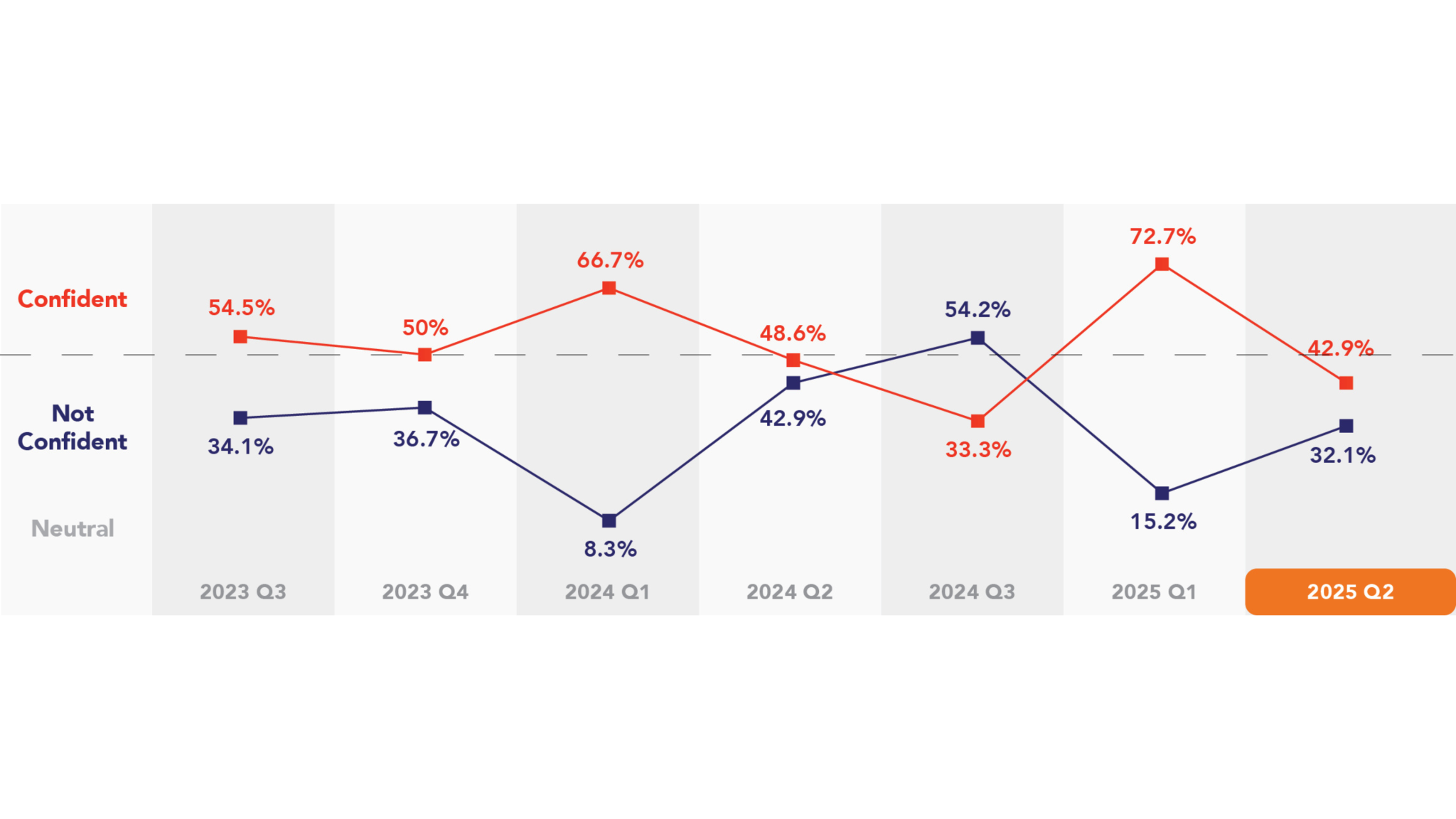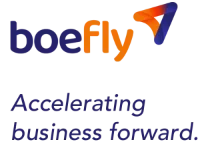Business loans can come in all shapes and sizes. Whether you’re looking to get your business off the ground or need some additional financing to help take your company to new heights, the right business loan can help you do just that.
Two popular business loans for current or aspiring Franchise Owners are conventional and SBA (Small Business Association) loans. Let’s discuss what these two loans are, when it is appropriate for a Franchise Owner to use one and how BoeFly can help you obtain each loan.
For more insight into franchise financing, check out our helpful Financing Guide: What Franchisors and Franchisees Need to Know.
So, what is the difference between conventional loans and SBA loans for small business borrowers?
Let’s break it down.
What is an SBA Loan, and When Should You Consider One?
Typically, an SBA loan has a longer term and a lower interest rate when compared to conventional loans. The most common type of SBA loan is a 7(a), which helps entrepreneurs finance start-up costs, as well as obtain working capital.
One thing to note is that banks who issue SBA loans are able to say ‘yes’ to a franchise borrower that they otherwise may have declined, thanks to the SBA’s guarantee. This can make it a great option for brand new businesses. The maximum lending amount for SBA loans is $5,000,000, which should meet all the capital needs of nearly all new franchisees.
Here are some key SBA loan requirements to keep in mind to ensure your SBA loan application goes smoothly:
- Must be a for-profit business
- Must operating in an eligible industry
- There are certain types of businesses that cannot attain SBA loans, such as firms involved in lending or any business with a principal activity of gambling. Churches and other religious organizations are also exempt.
- The business must be located with the United States, or within a United States territory.
- The business owner must have invested either time or money (equity) into the company.
- The business must be considered small as defined by the SBA.
- There are different criteria for what is considered small based on the industry your business operates in and is based on number of employees or average annual receipts.
- You must also be able to demonstrate a need for the SBA loan, as well as convey a sound business purpose for what the funds will be used for.
Now that you know all about SBA loans, at what point does a conventional loan come into play for your franchise or business?
What Are Conventional Loans? And When Are They Appropriate?
Conventional loans, on the other hand, typically require solid credit from the business owner and very often a proven track record. Overall, they are less costly and time consuming than SBA 7(a) loans, but they are harder to qualify for. In many respects, conventional loans are similar to personal loans.
For these reasons, conventional loans are often sought out by seasoned Franchise Owners who want to consolidate debt and gain access to capital for expansion. For example, a Franchise Owner may have initially obtained an SBA loan. But, after having success with their one location, they were ready to acquire more locations. That’s where a conventional loan comes in.
This was the case when BoeFly helped Rakesh Kalotra and Rajesh Singh acquire a single Checkers restaurant by matching them up with a lender to provide an SBA loan. After the success of their initial restaurants, the duo was ready to grow even more. BoeFly matched the multi-unit operators with a conventional lender that refinanced their existing debt and provided financing for a new restaurant.
“BoeFly has always been there for us in that process, from helping us financing our early activity to now expanding our network,” said Rakesh Kalotra. “Their partnership has meant so much to us at a time when we needed it most, and we are thrilled to have successfully transitioned from SBA to conventional financing, giving us a clear path for future development.”
How to Get a Small Business Loan
Getting a small business loan on your own can seem daunting. At BoeFly, we can help you partner with the ideal lender and loan for your franchise. Whether you need help refinancing your debt or need a loan to help propel you towards franchise ownership, we’ve got you covered.
If you have any questions about acquiring an SBA or conventional loan, or need help getting matched up with a lender, reach out to BoeFly today. We’re happy to help you reach your entrepreneurship dreams.






